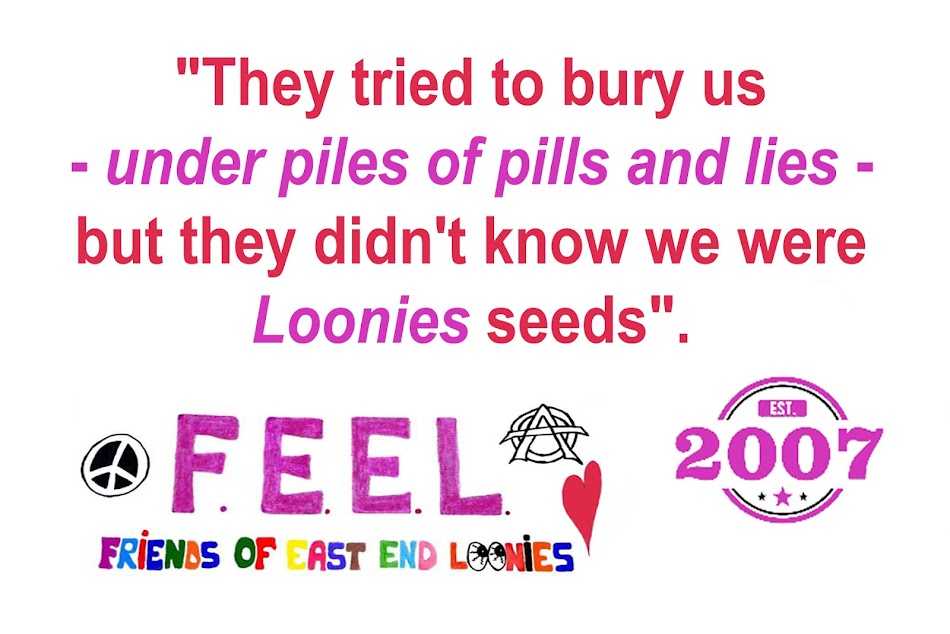I recently consulted with a 24 year-old patient diagnosed with ADHD, anxiety, and depression. He was prescribed a different medication for each diagnosis: Adderall for ADHD, Valium for anxiety, and Zoloft for depression.
He was on three medications, one for each diagnosis, yet he continued to struggle with attention problems, anxiety, and depression! Moreover, he wanted additional medication to help him sleep.
Before prescribing medication for any patient, I recommend a comprehensive panel of blood work to rule out hormone or nutritional deficiencies.
In the case of my 24 year-old patient, I discovered that he was anemic with very low iron and zinc levels and a significant B12 deficiency. For a physically healthy, meat eating young man these were unusual lab results.
Why hadn't his other doctors caught these results? His previous psychiatrists never ordered any blood work and his last visit to his PCP was for the flu and blood work was not done.
Based on his nutritional deficiencies I ordered additional tests. Further testing revealed that he was positive for antibodies to gliadin, a protein found in wheat often used as a marker for the presence of celiac disease. A biopsy confirmed that he had celiac disease.
Celiac disease, commonly thought of as only a GI disorder, can cause profound psychological symptoms. One of which is depression.
In celiac disease the body's immune system mistakenly attacks a protein called gluten, which is found in wheat, rye, and barley. In its attack on gluten, the immune system damages the small intestine, producing intestinal symptoms such as abdominal cramps and swelling, pain, gas, vomiting, diarrhea, and constipation. Once damaged the small intestine may not absorb essential vitamins, minerals, and proteins as well as it should.
The health consequences of celiac disease, however, extend beyond gastrointestinal issues and may affect every organ system, including the brain.
Other consequences of celiac disease include:
- Anemia
- Anorexia
- Arthritis
- Behavioral changes
- Depression
- Fatigue
- Infertility
- Joint pain and inflammation
- Migraine headaches
- Missed menstrual periods
- Numbness and tingling of the hands and feet
- Osteoporosis
- Seizures and other neurological problems
- Skin lesions
- Tooth decay and discoloration
- Weakness
- Weight loss
How does depression relate to the damage done to the small intestine in celiac disease? The intestinal damage wrought by celiac disease prevents absorption of essential nutrients that keep the brain healthy, especially zinc, tryptophan, and the B vitamins. These nutrients are necessary for the production of essential chemicals in the brain such as serotonin, a deficiency of which has been linked to depression.
In particular, low zinc levels have been linked to depression. In addition to keeping the immune system strong and the memory sharp, zinc plays an important role in the production and use of neurotransmitters-brain chemicals that help modulate mood. This is why low levels of zinc have been linked to major depression, and why supplemental zinc enhances the effects of antidepressant medications in many people. A 2009 study found that zinc supplementation significantly reduced depression scores in people who had not been helped by antidepressants in the past.
Sadly, in cases of depression related celiac disease these nutritional deficiencies are often ignored by physicians who are more comfortable in treating the symptoms of depression with medication.
Why does this happen?
Physicians may think that the nutritional deficiencies are unrelated to depression. Celiac disease is often undiagnosed or misdiagnosed as disorders with similar gastrointestinal symptoms such as anorexia nervosa, chronic fatigue syndrome, IBS (irritable bowel syndrome), or Crohn's disease. Physicians, as with many people, tend to separate the gastrointestinal issues of celiac disease from the psychological problems and treat them separately.
If celiac disease is suspected, a blood test is administered to look for the antibodies to gluten-anti-gliadin, anti-endomysial, and anti-tissue transglutaminase. High antibody levels indicate the presence of celiac disease. However, the only way to make a definitive diagnosis is to perform an endoscopy of the intestinal lining.
Once diagnosed, how do you treat celiac disease? The tragic news is that no treatment will cure celiac disease. But the disease can be managed with a gluten-free diet. By avoiding foods containing gluten, the symptoms of celiac disease, including the psychological symptoms, will resolve and the body can heal some if not all of the intestinal damage. Most people who begin a gluten-free diet feel better almost immediately, although the psychological symptoms may require months of nutritional support before seeing any improvement.
After making a definitive diagnosis for my 24 year-old patient, he was started on a gluten-free diet. After nearly two years, he's no longer on any psychiatric medications and no longer has three psychiatric diagnoses. His symptoms of anxiety and depression slowly subsided with a gluten-free diet.
Undiagnosed celiac disease can exacerbate symptoms of depression or may even be the underlying cause.
Patients with depression should be tested for nutritional deficiencies. Who knows, celiac disease may be the correct diagnosis and not depression.
www.psychologytoday.com/blog/the-breakthrough-depression-solution/201105/is-gluten-making-you-depressed
